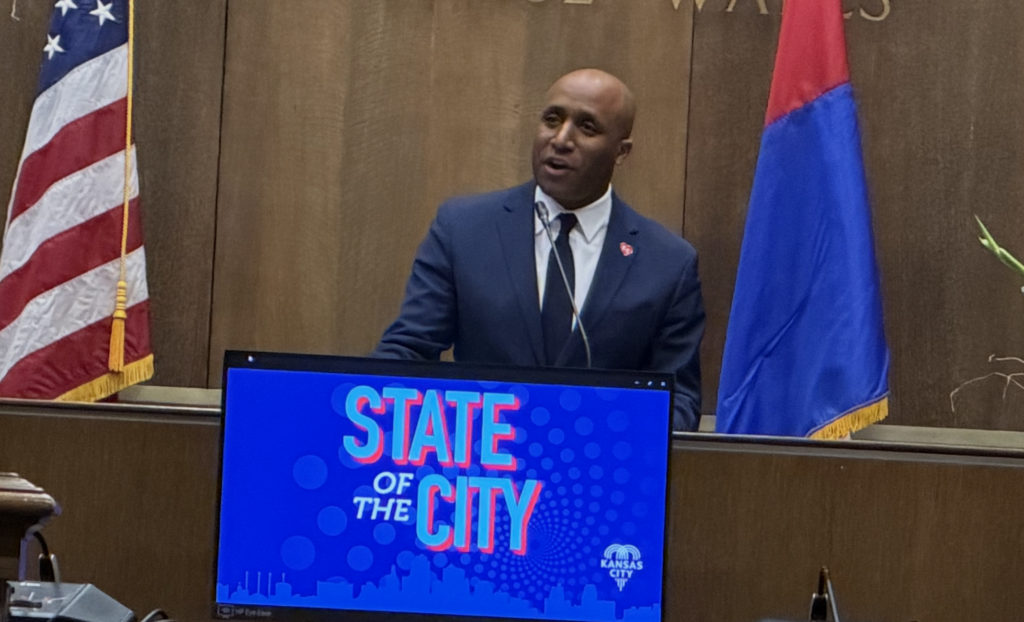Around Hear
As reported in this column last week, in the dubious history of musical competitions there’s never been a battle of the bands that featured 64 groups. Nor, for that matter, has there been a battle that incorporated sports-tournament-style brackets, a charity angle (money was to be donated to area high schools) and an entrepreneurial aspect (the musicians sold their own tickets). On Saturday, September 29, Paradise Stadium president and Tournament of Rock founder Terry Nelson discovered why. Scorched by low attendance and minuscule concession sales, Nelson pulled the plug on the event before the dawn of its second day. Nelson could not be reached for comment afterward, but his Web site (www.paradisestadium.com), which once hosted elaborate schedules and band links, now contains only a one-sentence apology: “Paradise Stadium regrets to inform you that Tournament of Rock has been canceled.” The e-mail address he includes has likely been flooded with messages from anxious and/or angry musicians inquiring about ticket refunds and the status of their $500 entry fees, which they were supposed to recoup, win or lose, after the first round. With Nelson nowhere to be found, rumors of bounced checks and threats of class-action lawsuits abound.
The first 32 groups to clash in this combat-rock format performed in front of crowds that looked to be no larger than a hundred at a time. That’s true to battle-of-the-bands tradition because the supporters who attend are often friends and family of the participants instead of die-hard music fans. As a result, staying and checking out the rest of the day’s action isn’t an attractive option — when their band’s off the stage, it’s time to head for home. Nelson might have made projections based on Spirit Fest numbers, particularly that event’s 90 percent walk-up sales, but as it turned out, there was no comparison between Spirit Fest, which people see as an all-night destination, and the Tournament, which visitors viewed as a fifteen-minute rest-stop. On paper, it would make sense that rock fans would stay and check out the full lineup, given the similarities among the groups (most played some form of heavy metal) and the ticket price paid ($16-$20.) But unlike, say, OZZfest, Tournament-goers never really decided to make a day of it, despite perfect weather (or maybe because of it — recreational activities might have seemed more appealing than scouting out unfamiliar acts).
Groups such as Six Percent and Silence conquered their first-round foes, getting as close as anyone would to the mythical $25,000 top prize. “It was one of the greatest experiences we could have with music,” raves Silence’s Josh Smithey, who attributes the event’s failure to a lack of promotion and the narrow musical focus of the bands involved. In the short-lived tourney’s biggest upset, Overture overthrew de facto top seed Thrust, setting off a celebration that would last only a few hours — until news of the cancellation reached the band.
Initially exciting, these victories now stand as bitter reminders of what might have been. “We put a lot of time and effort into selling tickets and practicing, and we got almost nothing out of it,” says Kyle Babson of opening-half victors Key. “From the beginning, we were skeptical. My main question was, how was Terry going to make money when he was giving away so much? I guess the answer is that he didn’t.”
While these title contenders think of what might have been, Sunday’s slate of performers, who never even got to take the stage, are even angrier. “We are pissed that we will probably never see the $500 we put in,” says Tom from Spleen, who heard about the cancellation Sunday morning as he was loading gear from the group’s practice shed. “We used the money we made selling tickets to finish our CD, foolishly expecting to get back the $500.”
[page]
With refunds unlikely and the Tournament gone for good, some unlucky bands are joking to keep from crying. “I just hope that Terry goes somewhere nice with all our money,” says Jade Raven‘s Holly King. “It’s really not a laughing matter, but at this point what else are we supposed to do?”
Though Moaning Lisa wisely sat out the Tournament of Rock, it’s already endured all the event’s pitfalls, such as a bungled finish and missing rewards. “We beat out thirty groups at a battle of the bands in Wichita,” singer David George says of Moaning Lisa’s recent bittersweet experience. “But we went home with no idea who won. It took two to three weeks of calling every other day before we got a hold of the promoter. But instead of the thousands of dollars in prize money we were promised, he offered us some free space on a friend’s Web site that promotes bands, blah, blah, blah. He said he lost $20,000, and then he remembered the show-ending fireworks, which about 75 people stuck around to watch — and which were pretty damn cool by the way — cost $10,000!”
At the serene setting offered by Doolittle Farms in Leavenworth, there will be no fireworks, no split stage, no concessions stands or event-T-shirt vendors. Thirty-two acoustic musicians will compete here for modest cash prizes this Friday and Saturday night at Heartland Folks Festival, another first-time event. But instead of going from 32 to 16 to 8 to 4, etc., the Festival’s Acoustic Showcase cuts straight from 32 to 3, with the first-, second- and third-place winners earning 20-minute performances in front of their peers and $150, $100 and $50, respectively.
Due in part to the music involved (with few exceptions, unplugged folkies don’t usually develop fierce rivalries with each other or attract followers that cheer them with football-fan fervor) and in part to the fact that a third of the participants are members of the local collective Songwriters Circle, the competitive edge among Showcase hopefuls is a dull one. “People were helping each other with their promo packages,” Circle member and event cofounder David Hakan says, noting that performers who entered the contest had to send packages with bios and photos in addition to recordings of two of their songs. “There’s life after the song contest.”
Such perspective is often lacking in events that pit musicians against each other, but this is a different type of battle, one at which midnight campfire sing-alongs follow the awards ceremony. It’s not quite as hokey as that might seem, though. “It’s a performance in the round,” explains Hakan. “You sit and listen to great songs, and you have a chance to play your own with everybody listening. It can literally go all night.” As an added attraction, some of the Festival’s nationally known acts, such as singer/songwriter Cosy Sheridan and acclaimed alt-folk vocalist Deidre McCalla, might gather around the flame for impromptu renderings of their familiar work.
Sheridan and McCalla won’t be the only out-of-towners on the scenic grounds. Songwriting hopefuls from New Mexico, North Carolina, Texas and several other states entered the Showcase, where they’ll take on local mainstays such as Forrest Whitlow. Whitlow’s latest disc, Patch of Blue, contains several agriculturally themed numbers, which would figure to play well in a rustic setting. However, he’s instead entering two newer, unrecorded songs, “A Smell of Jet Fuel” and “Endless Carousel.” His impressive productivity is most likely a factor of his Songwritings Circle membership, because that organization all but demands that its musicians be prolific. “We’re already meeting twice a month to help people keep writing,” Hakan reports. “It’s pretty hard to show up without any new songs.”
[page]
In addition to crafting new tunes to bring to the table, Hakan’s already working on booking performers for 2002’s Heartland Folks Fest. Although it’s always best to be cautious before pencilling in a first-time event as an annual tradition, Hakan’s Fest seems secure. Owners of the site, which is about fifteen minutes from Sandstone Ampitheatre, have been accommodating, building a new stage to fit larger bands such as Saturday night’s headliners, The Instamatics. The expectations (400-600 in attendance) are reasonable. And, perhaps most refreshingly, the Showcase participants aren’t in it for the money, nor did they shell out any savings to enter. There might be some lyrical calls to action at Folks Fest, but no one will be dialing Call for Action when it’s over.




